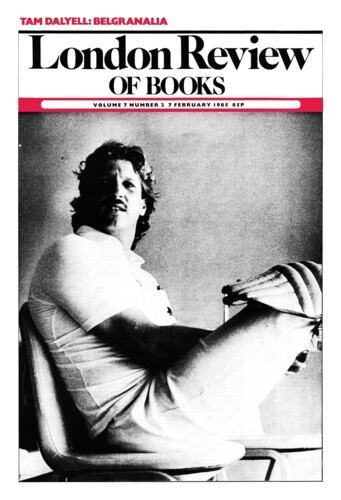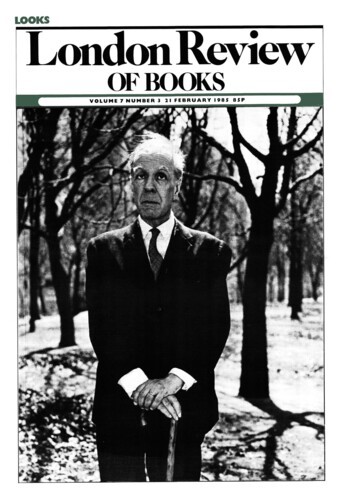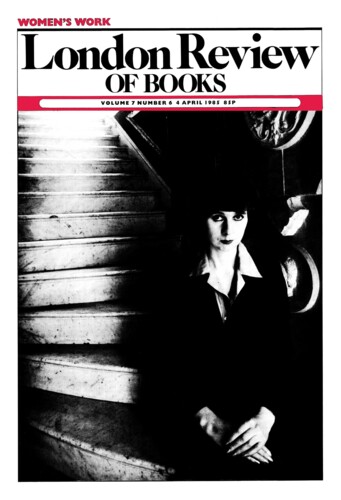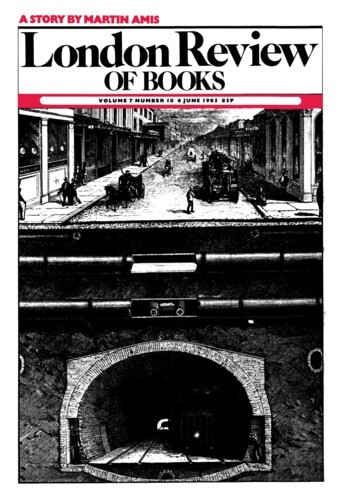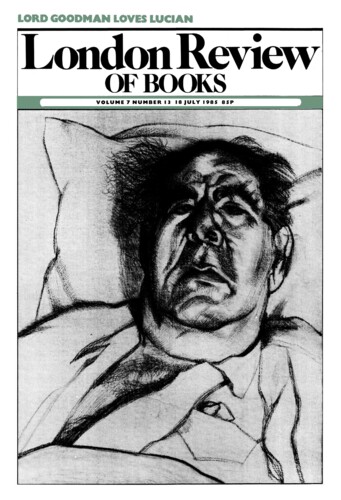Pamphleteer’s Progress
Patrick Parrinder, 7 February 1985
Terry Eagleton’s books have been getting shorter recently. It is eight years since he offered to re-situate literary criticism on the ‘alternative terrain of scientific knowledge’; three since, self-canonised, he included his name in a list of major Marxist theoreticians of the 20th century. The Function of Criticism is a history of three centuries of English criticism in little more than a hundred pages. Its conceptual basis seems (not for the first time) to have been hastily borrowed for the occasion. The scholarship is cobbled together from the works of others. Since he makes great play with the split between the professional and amateur pretensions of literary critics, it would be tempting to adapt his own style and portray him as the helpless victim of contradictory impulses. Yet in many ways he thrives on contradiction. His struggle against ‘bourgeois’ criticism has the agility, the opportunism and the sniping provocativeness of a guerrilla campaign. Though his books have grand titles, he has lately abandoned any pretence of working towards a Grand Theory. His recent work has consisted of critical introductions, essays, and theoretical pamphlets like the present one.
